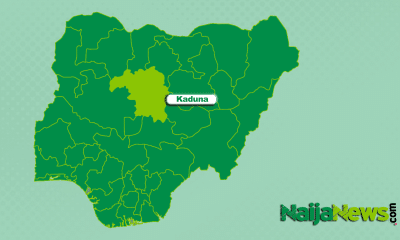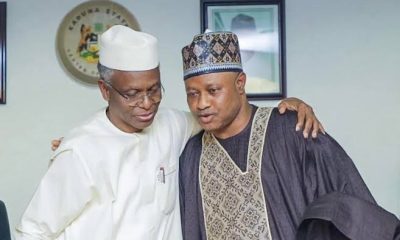Gist
Hardship: Times Nigerians Hijacked Foodstuff, Dangote, BUA Trucks

Recent weeks under President Bola Tinubu‘s administration have witnessed a surge in nationwide protests across Nigeria, as citizens voice their frustrations over escalating living costs and economic policies perceived as exacerbating hardship.
The price of commodities has soared, significantly impacting the daily lives of Nigerians, while awaited adjustments to the minimum wage remain unimplemented, deepening concerns over the rising cost of living.
Naija News recalls that the Nigeria Labour Congress (NLC) took to the streets in a determined protest on Tuesday, demanding immediate action from the Federal Government to alleviate the economic strain on the populace.
Amidst these peaceful demonstrations, some incidents have turned chaotic, with reports of looting targeting corporate entities such as Dangote and BUA, known for their contributions to the nation’s economy.
A particularly alarming incident occurred on February 22 in Niger State, where a protest initially staged by fishermen over the sharp increase in fish prices was hijacked by hoodlums.
The protest, which started around 10 am, quickly devolved into a wider demonstration against the prevailing economic conditions, leading to the theft of food items from trucks caught in traffic along Kaduna Road in the Suleja area.
A candidate of the Peoples Redemption Party (PRP) for the Suleja constituency, Sadiq Bala, recounted to Daily Post how the situation escalated, with several trucks, including those of Dangote and BUA, being looted.
Similarly, in Zaria, Kaduna State, another distressing episode unfolded on Friday around 3:15 pm when residents looted cartons of spaghetti from a BUA Group truck.
The driver, who had momentarily parked the vehicle by the roadside to observe prayers, returned to find the cargo stolen.
Security forces, including soldiers and police, have been deployed in response to these incidents, utilizing tear gas to disperse protesters and restore order.
However, these interventions have not quelled the underlying discontent among Nigerians, who continue to struggle under the weight of economic pressures.












